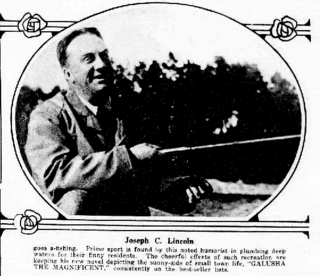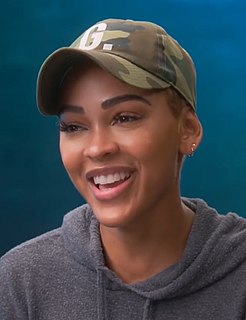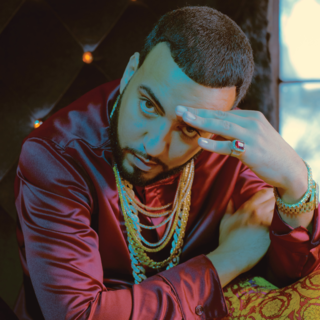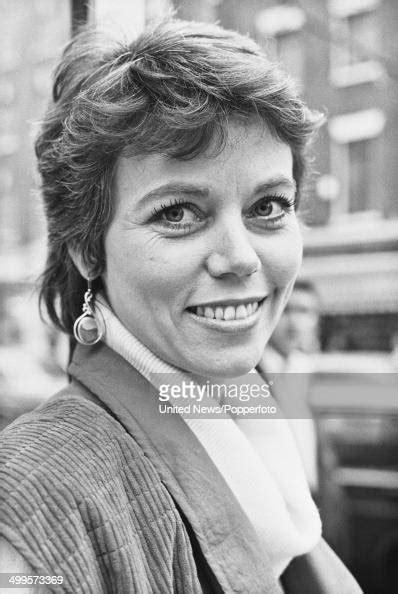A Quote by Margaret Mead
I had my father's mind, but he had his mother's mind. Fortunately, his mother lived with us and so I early realized that intellectual abilities of the kind I shared with my father and grandmother were not sex-linked.
Related Quotes
My father had a real short fuse. He had a tough life - had to support his mother and brother at a very young age when his dad's farm collapsed. You could see his suffering, his terrible suffering, living a life that was disappointing and looking for another one. My father was full of terrifying anger.
I learned respect for womanhood from my father's tender caring for my mother, my sister, and his sisters. Father was the first to arise from dinner to clear the table. My sister and I would wash and dry the dishes each night at Father's request. If we were not there, Father and Mother would clean the kitchen together.
He didn't call his father and mother 'Father' and 'Mother' but Harold and Alberta. They were very up to date and advanced people. They were vegetarians, non-smokers and teetotalers, and wore a special kind of underclothes. In their house there was very little furniture and very few clothes on the beds and the windows were always open.
Verily has man freewill to control his actions. That my Father-Mother has given to man as his inheritance. But the control of the ractions to those actions man has never had. This my Father-Mother holds inviolate. These cannot become man's except through modifying his actions until the reactions are their exact equal and opposite in equilibrium.




































